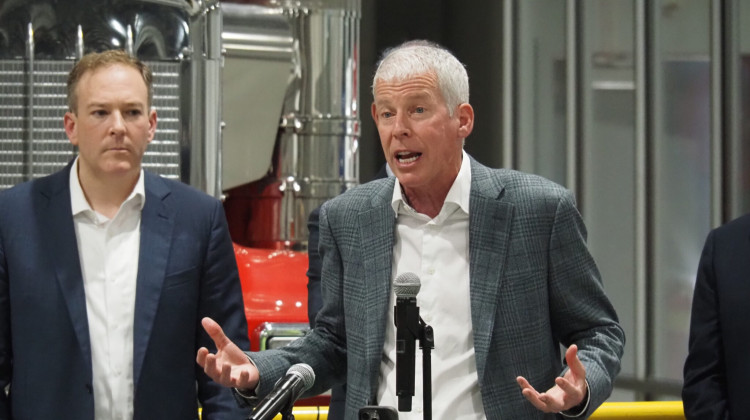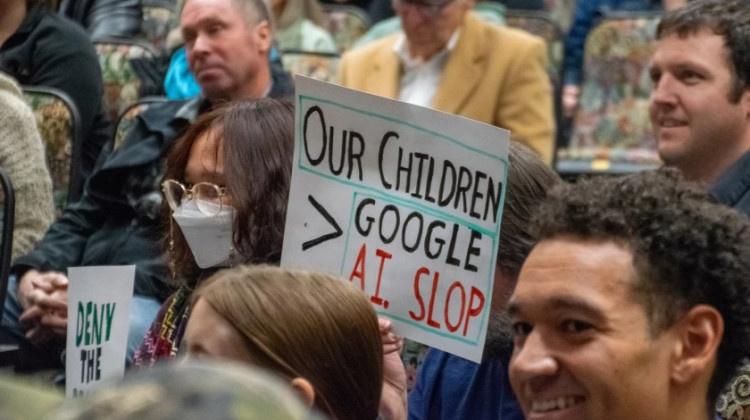Eighty-four percent of Hoosiers have broadband internet access. Those that don’t live mostly in rural places – where poor connectivity is an economic problem.
The state legislature heard a range of ideas to fix that problem Thursday in their first of three study committee meetings on rural broadband.
Rep. Dave Ober (R-Noble County) says flat or shrinking populations make for tricky economics that will demand multiple solutions.
“It’s not a silver bullet – it’s silver buckshot,” Ober says. “We’re trying to find of all the approaches that make sense to kind of attack this problem of density.”
Utility owners told lawmakers a bill passed last session, which lets utilities add broadband to existing easements without new permits, is spurring some change.
Jackson County rural electric co-op general manager Mark McKinney says it’ll help them start a five-year, $60 million fiber-optic installation in their area this fall.
And Tom Long, the president of Hebron-based utility NITCO, wants to pay for a statewide fiber-optic network by increasing a fee on customers’ utility bills: the 16 cents a month that goes to the 20-year-old Universal Service Fund.
“Right now it’s just for telephones, and that’s so 20th century,” he says. “I mean, we’re in the 21st century.”
Long says boosting the fee to $1.95 a month would generate $150 million a year for a statewide fiber network – and the easements law would clear the way for installation.
He says fiber can adapt to higher speeds, and will help attract companies, ease telecommuting and expand educational options for rural residents.
“What I propose will improve economic development,” Long says. “It will be a boon to home-grown businesses, and create jobs and opportunity.”
Indiana ranks 34th in the nation for broadband connectivity, and 29th for fiber access, according to the consumer advocacy site BroadbandNow – though only about 15 percent of Hoosiers are connected to fiber.
The rural broadband study committee meets twice more in October.
 DONATE
DONATE







 Support WFYI. We can't do it without you.
Support WFYI. We can't do it without you.